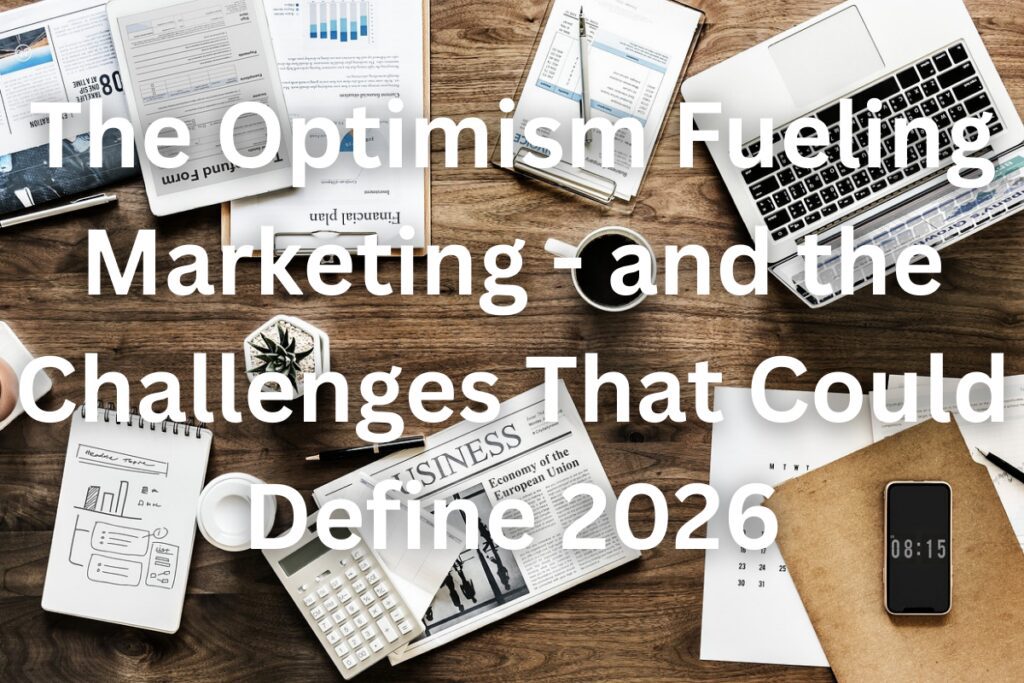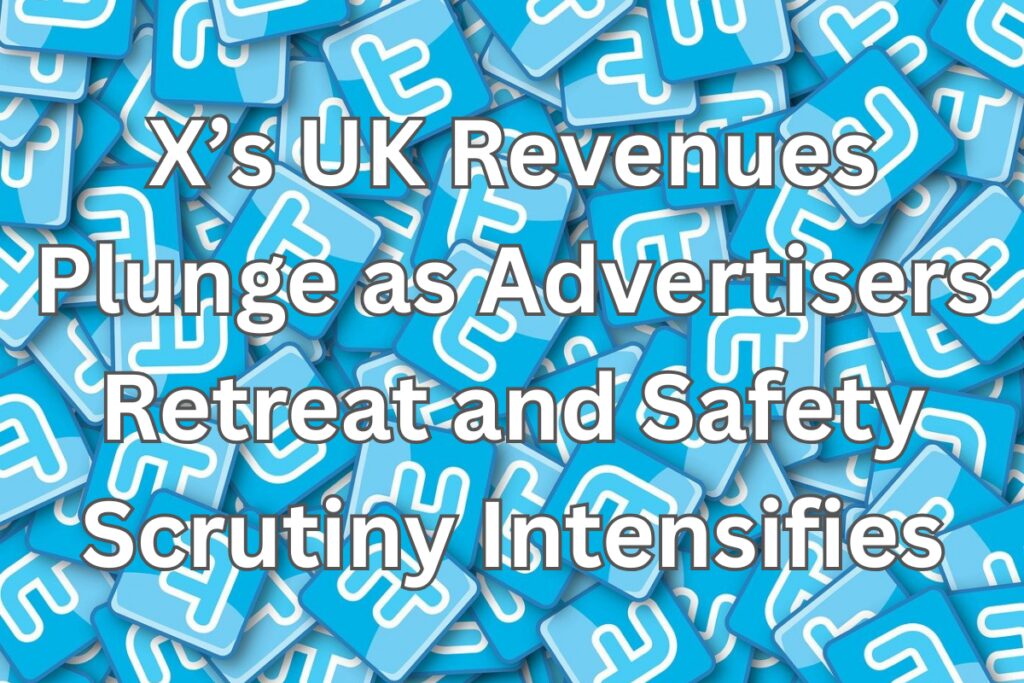In the past few years, influencer marketing has flourished on social media platforms. This marketing strategy involves compensating individuals with large followings on social media to endorse products and services. Although this marketing technique can work well, it has faced significant backlash for endorsing products without disclosing any financial gain.
Starting on October 1st, Japan will begin implementing regulations on stealth marketing. This news post will examine the concept of stealth marketing, the upcoming regulations surrounding it in Japan, and how it could potentially affect businesses and consumers.
So, what exactly is stealth marketing?
Stealth marketing, also known as covert advertising or surreptitious marketing, is a marketing technique where advertisers promote their products or services without the audience being aware that they are being marketed to. This technique can take various forms, such as product placements in movies, TV shows, and music videos, or social media influencers promoting products without disclosing that they are being paid to do so.
Stealth marketing has faced significant criticism for deceiving consumers and violating their trust. Many argue that it is unethical and undermines the integrity of advertising. Consumers have the right to know when they are being marketed to, so they can make informed decisions about the products they purchase.
Influencer marketing involves promoting products or services through individuals without disclosing any financial interest. Consumers may find it hard to differentiate between an endorsement and real advice in this marketing type, potentially resulting in bad purchasing choices.
The new regulations in Japan will make it illegal from the proposed start date for companies to promote products or services without disclosing important information, with any offenders or repeat offenders receiving warnings and/or fines as punishment for breaking the law.
Who will the new regulations specifically target?
It’s worth noting that only the companies will be affected by the new regulations, and not the influencers who received payment for advertising on social media.
Investigating further to determine which influencers were aware of the lack of disclosure and which ones were not can be a difficult task, but ultimately, if influencers are discovered to have intentionally misled their followers, they may still face consequences; even though it might appear as somewhat as a loophole.
To what or where will the regulations apply?
The regulations will cover advertising or paid promotion methods which are not easily identifiable by consumers. Some examples of types of promotions that may be included are sponsored posts, product reviews, and affiliate marketing.
Although companies can still use these marketing techniques, they will now be required to provide a clear disclosure indicating that the content is sponsored or contains advertising, as failing to comply with these requirements could mean the company suffers penalties, and risks a damaged reputation.
How will a violation be determined?
A violation will be determined by the agency; they will need to distinguish between whether it’s advertising or a promotion in any social media posts, which will be done by examining the company’s involvement. This means evaluating whether the company directed the promoters to create particular posts or told them to verify that they posted them as directed.
If individuals or influencers promote products or services without being instructed by the company, the agency will investigate their past relations with the company to determine whether it breaches any rules.
How will the regulations affect companies?
Although some businesses may perceive the regulations as burdensome or obstructive due to companies maybe needing to change their marketing strategies to accommodate the new rules, they may still offer advantages as well, for instance by enhancing customer trust and loyalty.
Companies could gain more business in the long run by demonstrating their commitment to ethical business practices through complete transparency in their marketing practices. Furthermore, these rules might prompt influencers to clearly disclose their sponsorship agreements, which could further enhance the trust between influencers and their audience.
Japan outlaws 'stealth marketing' | NHK WORLD-JAPAN News https://t.co/WKtRydB0w3
— 英語ニュース聞き取りたい!! (@mackey857) March 29, 2023
Conclusion
The new regulations on stealth marketing in Japan are a crucial move towards ensuring advertising transparency and safeguarding consumers from deceptive promotions. Businesses will be required from October to disclose their advertising practices, and can face penalties if they fail to do so, as per the new set out regulations.
Although it may require some businesses to adjust their marketing strategies, overall it is a beneficial move towards establishing trustworthy relationships with customers and promoting better ethical conduct in the industry.
And finally, these regulations will help consumers distinguish between genuine endorsements and paid ones, which can help them build trust with the companies they are willing to use and allow them to be able to make better purchasing decisions in the future.









